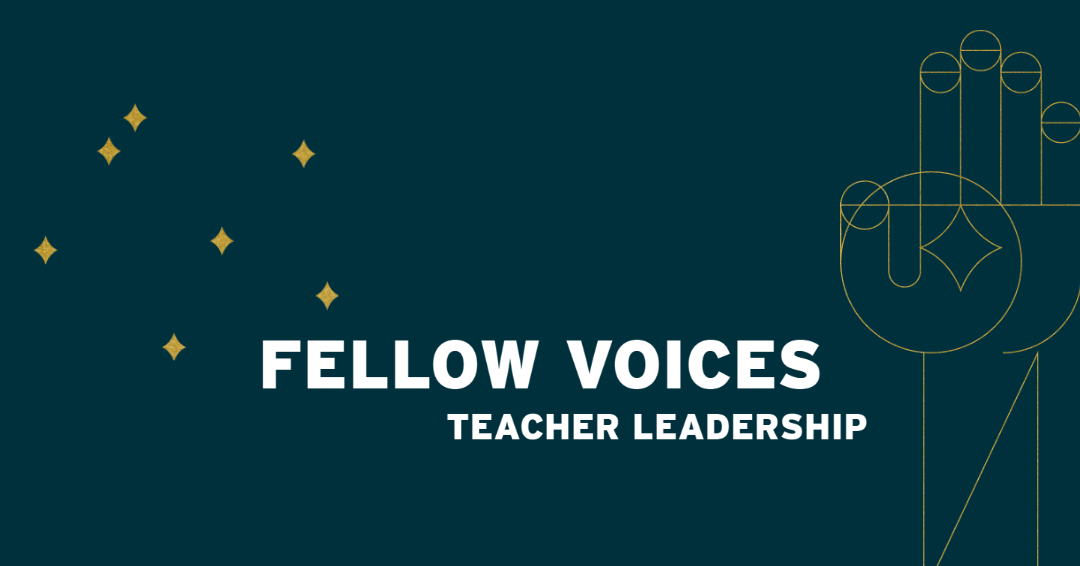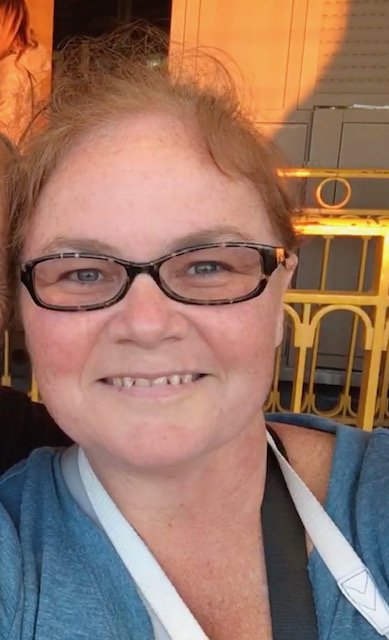Supporting Students Post Pandemic

This is the second in a four-part series called “Fellow Voices” in which we turned to our grant recipients for their insights into what innovation in the classroom will look like going forward. Thank you to today’s contributor, Kari Baransky.
Teaching in this post-pandemic world has been, to say the least, challenging. There are many times when I think about and question my skills as an educator. Am I doing the best that I can for the students that I teach? Am I creating lessons that help students improve their social skills as well as meet content expectations? Am I being supportive to my colleagues during this trying, ever changing, challenging time?
After asking my students what they miss about their “old” lives, several students were concerned about not remembering how to get along and socialize with their peers. Others were just worried about missing out on the connections that they had built before the pandemic changed their lives. I wanted to find ways to support the psychological well being of my students. I researched brain development and how the brain changes when met with adversity.
After searching for any type of research on SEL and how I could apply it to my students and colleagues I found Richard Davidson’s work. He spoke about the four pillars of the science of training the mind: awareness, connection, insight and purpose.
- Awareness is to be self-aware. How many times have you blindly been going through the motions of your day and not realize the impact that you could have had on others? Davidson stated, “If your mind is distracted, it exacts a toll on your well-being,”
- Connection is the key to successful relationships and having a positive outlook on life.
- Insight is the ability to recover from adverse situations.
- Purpose is having a sense that life has meaning and is linked to faster recovery from negative events.
Davidson has hoped that people will make cultivating well-being a part of their daily life, like brushing their teeth. “This is a kind of mental hygiene.” This statement hit home with me because we go through the motions of our lives never taking the time to take care of our own mental stability. I downloaded the meditation app to start to plan a way of introducing the power of meditation to my students and colleagues. I know that in order for students to embrace something new, it needed to be quick at first. The app has a variety of meditations for specific purposes, some are less than two minutes, perfect for the middle school student. Davidson cited research suggesting that meditation can change their underlying brain function. People that have practiced meditation show changes in key brain connections that help with emotional regulation and a quicker recovery from negative experiences.
Watch Richard Davidson’s TED Talk “How mindfulness changes the emotional life of our brains” here.
I continued my research and found the Learning and the Brain Foundation that offers research based professional development. This foundation does not endorse a single research company or specific ideology. Having a variety of researchers agree upon a concept is reassuring for the direction that I am going in. Be on the lookout for information on ways to implement this great research about brain development through meditation and mindfulness, I am excited to share what I find out this summer with my Fund for Teachers Innovation Grant.
[minti_divider style=”1″ icon=”” margin=”20px 0px 20px 0px”]
 Kari Baransky teaches math at Washington Middle School in Meriden, CT. With two colleagues, she used a Fund for Teachers grant to research & analyze restorative practices that are used in schools in three European countries to optimize a preventative approach to behavior issues leading to the improved behavior systems and increased empathy among middle school students. See images from their fellowship and read their summary here.
Kari Baransky teaches math at Washington Middle School in Meriden, CT. With two colleagues, she used a Fund for Teachers grant to research & analyze restorative practices that are used in schools in three European countries to optimize a preventative approach to behavior issues leading to the improved behavior systems and increased empathy among middle school students. See images from their fellowship and read their summary here.
Kari offered the following resources for more learning on the topic of supporting the psychological well being of students:
- Richard Davidson’s address to the Harvard School of Public Health on training one’s mind to improve well-being
- The Emotional, Social Brain in Schools online institute – July 12-16
- Dec. 2007 Forum recording with Neuroscientist Richard Davidson, The Heart-Brain
- Social-Emotional Learning and the Brain: Strategies to Help Your Students Thrive by Marilee Sprenger
 Back to Blogs
Back to Blogs